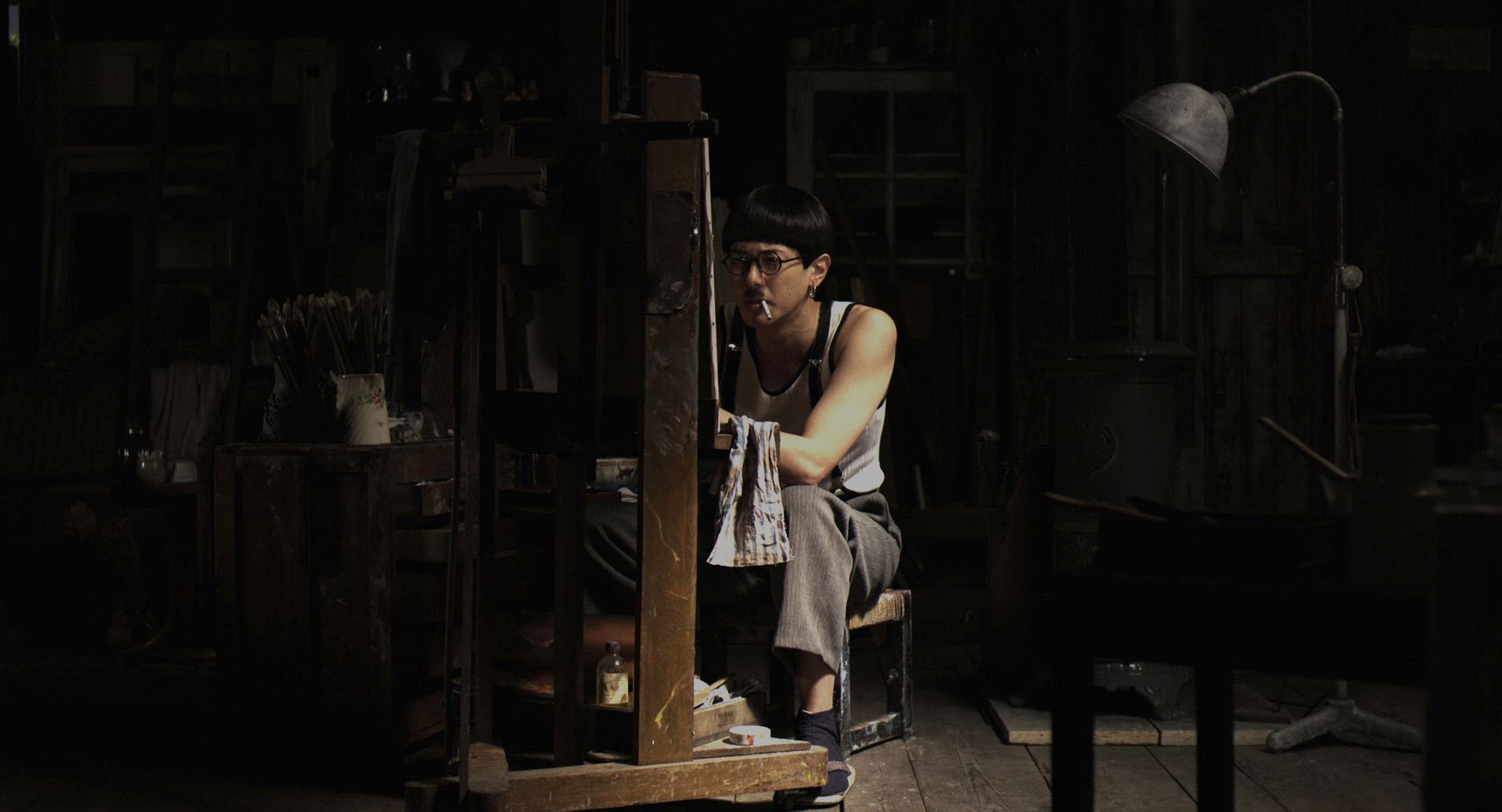Veteran auteur Kohei Oguri's first film in 10 years, "Foujita" is a biopic of artist Tsuguharu "Leonard" Foujita. The toast of prewar Paris for his elegantly drawn women and cats, Foujita radically switched styles on his return to a militarized Japan and his propaganda art for the war effort was heavily criticized following Japan's 1945 defeat.
Joe Odagiri, known as "Japan's Johnny Depp" for his offbeat role choices, brings Foujita to eccentric — if essentially serious — life, while uncannily resembling the artist, whose fashion trademarks were his pudding bowl hairstyle, round glasses and Charlie Chaplin-esque moustache. But Oguri's deliberately paced, highly stylized approach to his subject makes "Foujita" less a movie than a series of dreamy tableaux vivants, gorgeously filmed by cinematographer Hiroshi Machida.
Premiered in competition at last month's Tokyo International Film Festival, the film divided audiences and critics and left without a prize. Some were puzzled by the abrupt transition from the opening scenes in a stereotypical "Gay Paree," where Foujita, nicknamed Foufou ("Nutty"), lives it up in arty bohemian splendor, to the scenes set in a grim wartime Japan, where a soberly clad Foujita and his kimonoed Japanese wife (Miki Nakatani) escape to a countryside remote, beautiful and mysterious.

















With your current subscription plan you can comment on stories. However, before writing your first comment, please create a display name in the Profile section of your subscriber account page.